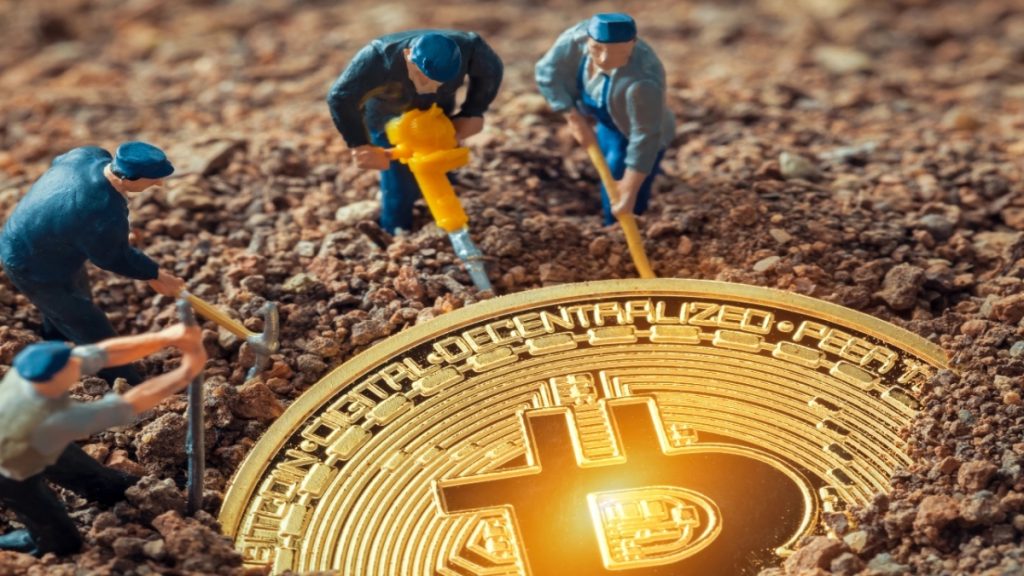Cryptocurrency mining is more than just validating transactions. It also involves creating new digital currencies. In recent times, mining cryptocurrencies has generated hot topics for discussion. Some mining operations have been prohibited in certain states, such as New York.
There has been a bill that has been passed through the state capital, which demands that a two-year ban is placed on some crypto mining operations, which adopt the proof-of-work algorithm to validate transactions.
The consumption of a high amount of electricity, as well as high-tech equipment, has necessitated the emergence of this bill. For this reason and many more, crypto mining has become an essential topic in the crypto sector. With this in mind, this guide will look into cryptocurrency mining and all it entails.
What is Cryptocurrency Mining?
While many think of crypto mining as a simple way of creating new coins. However, it goes beyond that. With crypto mining, crypto transactions can be validated on the blockchain. Besides this, mining processes help in preventing the issue of double-spending on the distributed network.
Much like traditional currencies, when one purchases a product or hires a service, it requires the payment of a fiat currency. When payment is made, your account is debited while the account of the service provider is credited. However, the use of cryptocurrencies, including teslacoin, faces a significant challenge in that digital platforms are more susceptible to cyberattacks.
However, the responsibility of the verified miners is to ensure that transactions are updated on the public ledger. With this, crypto miners must ensure the security of the network by preventing the occurrence of double-spending.
How Crypto Mining Works
As stated earlier, crypto mining has two main goals: the creation of new digital currencies and the validation of transactions. For a complete transaction verification, a miner is often rewarded with new digital currencies.
In the past, any user with a reliable home computer could mine cryptos. However, as blockchain technology expands, the level of mining difficulties grows. Miners are required to execute proof-of-work, which involves solving complex mathematical algorithms. For this reason, mining is now done by specialized firms or a group of resources with pooled resources despite the fact that mining is open to all users.
Specialized computers are required to verify and record every new crypto transaction while ensuring blockchain security. This process requires a lot of energy to complete. To ensure profitability, the cost of the mining process must be less than the value of the coin received.
Mining Pools
Some miners often combine their computational resources in the form of a pool to boost their likelihood of mining blocks. As stated earlier, a successful mining pool that has completed the validation of a block is rewarded. This reward is then shared among the members of the pool. This is often done in proportion to the mining resources each member contributes.
There are various enthusiasts that are joining mining pools online to increase the chances of discovering blocks and mining them. Miners are allowed to change pools whenever they feel like it since there is often a variation in the amount of rewards these mining pools receive.
Furthermore, before considering the type of cryptocurrency to mine, as well as the mining pool to join, it is important that miners consider the level of difficulty associated with mining the cryptocurrency. This will determine the level of profit they can enjoy, as well as the reliability of the mining pool.
Conclusion
For every crypto mining enthusiast, it is important to embrace a strong desire and curiosity to keep learning. As new technologies emerge, the crypto mining space evolves. As you study the space and optimize your strategy, you enjoy high rewards.

